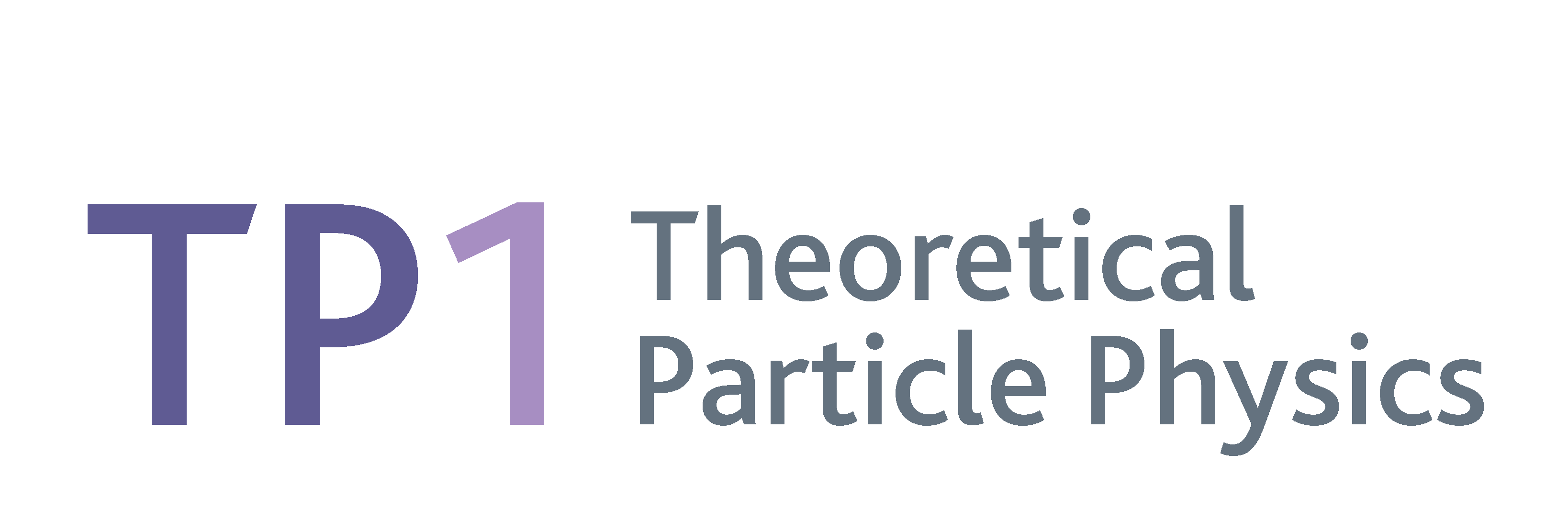TP1 Research Group – Prof. Dr. Tobias Huber
Our current understanding of Nature at its smallest length-scales is incorporated in the so-called Standard Model (SM) of particle physics, a quantum field theory that contains the entire set of known elementary particles, as well as the interactions between them (except gravity). The Lagrangian density of the SM obeys a non-abelian, local gauge symmetry which gets spontaneously broken via the so-called Higgs-mechanism. Two important consequences of the latter are the creation of particle masses, and flavour transitions in the charged-current weak interactions.
Despite the fact that the SM describes elementary particle processes such as scatterings and decays extremely well, there is consensus that most likely it is not the ultimate theory of Nature. Two prominent shortcomings of the SM are the lack of a Dark Matter candidate and the fact that the amount of CP violation needed for creating the observed Baryon asymmetry of the Universe is too small. One therefore expects new effects (new particles and/or interations) at yet unexplored scales, so-called „Physics beyond the SM“, or „New Physics“.
There are essentially two approaches to search for New Physics: „Direct“ searches via the on-shell production of new particles at colliders, and „indirect“ searches via virtual effects in low-energy processes. In both approaches, precision in theoretical predictions and in experimental measurements is an indispensable ingredient for testing the SM, and for the quest of finding effects beyond it. The computation of higher-order corrections, mainly in QCD and QED is therefore the main focus of my research group. The main research topics are
- Quark Flavour Physics, in particular the physics of particles containing the bottom quark. We study inclusive and exclusive rare and radiative decays, such as b → s ll, b → d ll, b → s γ, and b → d γ, which are mediated by Flavour-Changing Neutral Currents (FCNCs). They only occur beyond Born-level, are suppressed by loop factors and additional powers of the coupling, and are therefore highly sensitive to New Physics.
- Other topics in the context of Quark Flavour Physics are non-leptonic two- and three-body decays of B-mesons and bottom baryons. These decays offer numerous observables, many of which are related to the subtle but crucial phenomenon of CP violation.
- Besides, we study ingredients for basic collider processes at the multi-loop level in massless QCD. We are interested in both, their contribution to physical observables such as cross-sections, and the structure of infra-red divergences, related to factorization theorems.
- We also consider quantities in N=4 super Yang-Mills (SYM) theory at the multi-loop level. N=4 SYM is a supersymmetric gauge theory with vanishing β-function. It is not realised in Nature, but due to its large symmetry content is ideally suited as a testing ground for properties of many observables in realistic theories such as QCD.



